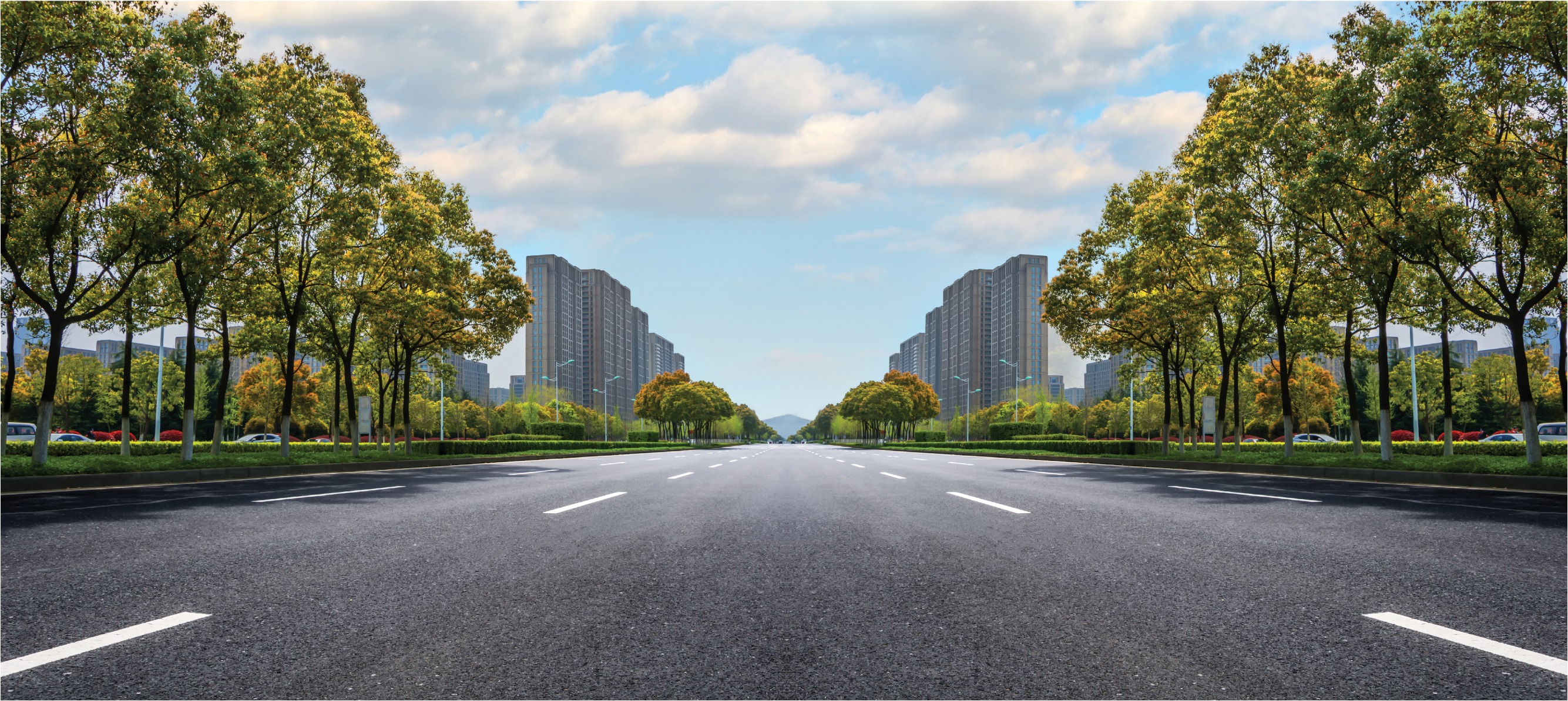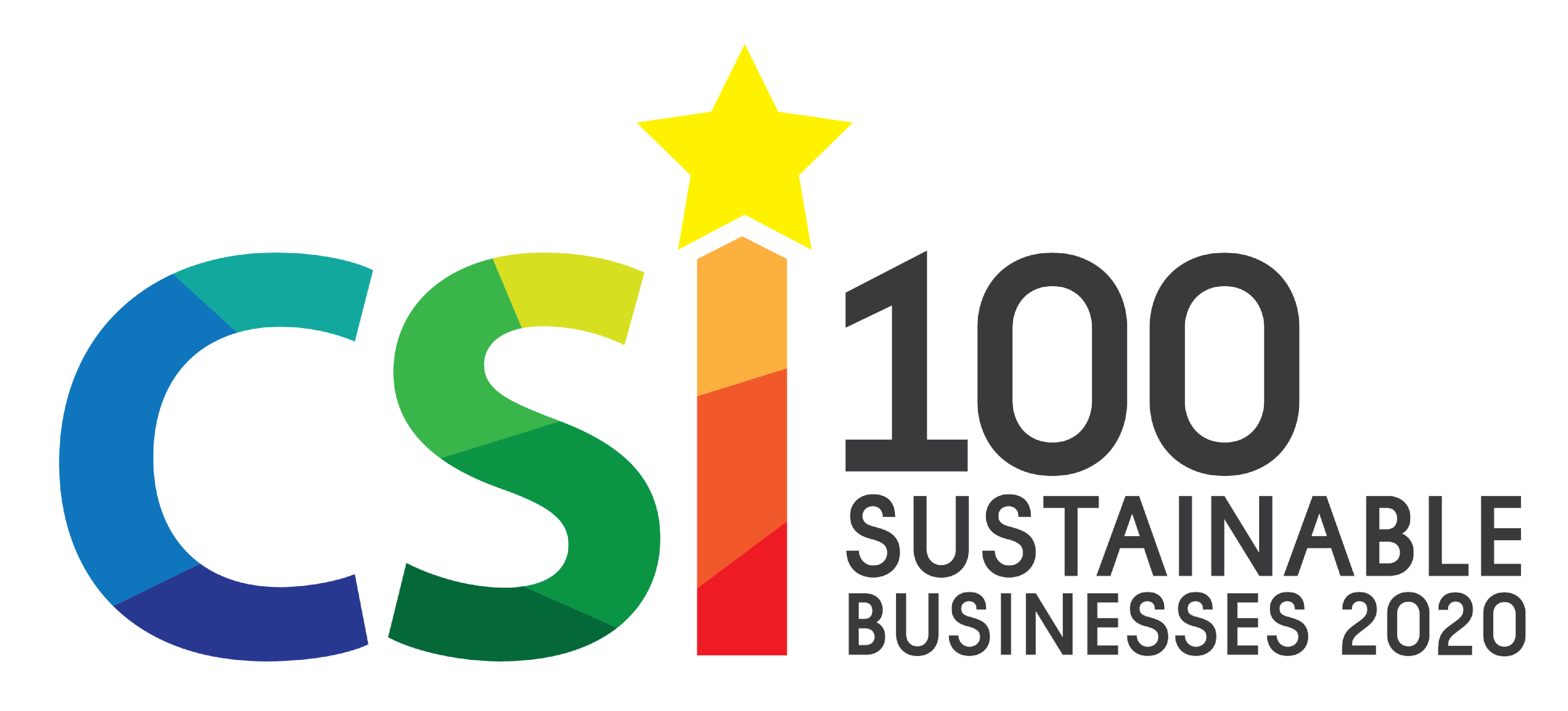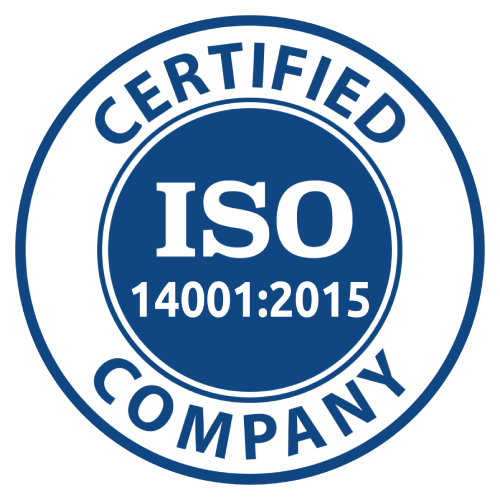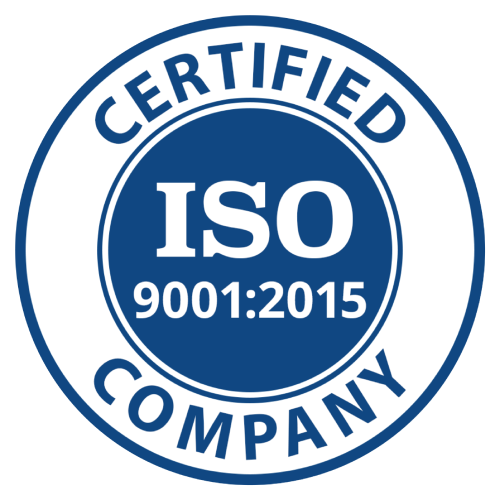REDUCING WASTE
In 2019, DEEP C teamed up with Dow Chemical to build the first road enhanced by plastic waste in Vietnam with a length of 1.4km, more asphalt roads using recycled plastic will be stretched out all over DEEP C Industrial Zones as an innovative solution to address plastics waste and advance circular economy in Vietnam.
A waste separation scheme will be the focus as an everyday routine for the DEEP C team and our tenants and we will intensify our recycling program of making more internal roads from plastic waste.
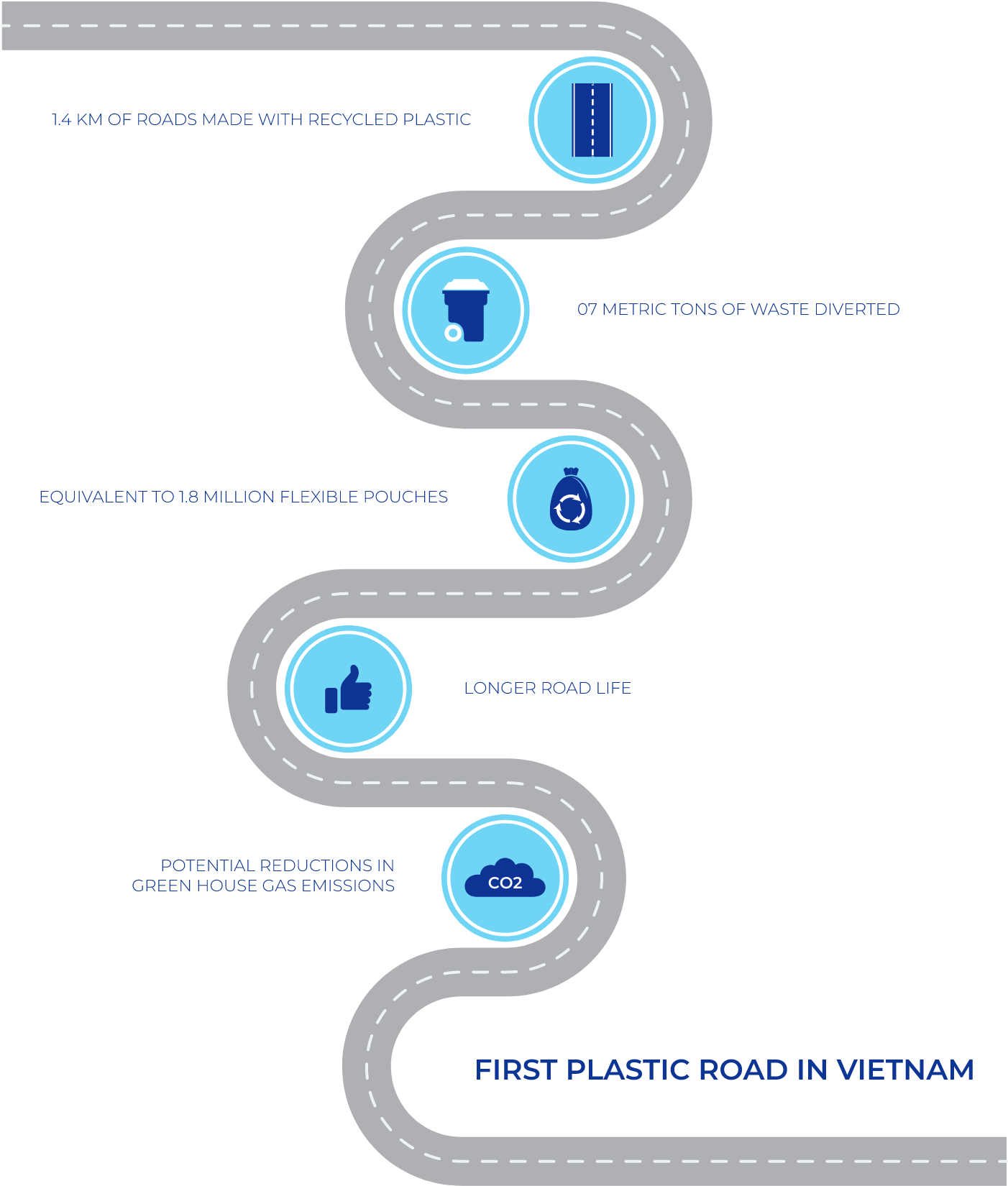
Vietnam is currently one of the top producers of plastic waste with urban areas like Hanoi and Ho Chi Minh City seeing an estimated 80 metric tons of plastic waste entering the environment as litter every day. Roads developed with recycled plastic demonstrate that plastic waste can be a valuable renewable resource and contribute toward a plastics circular economy. This project aimed to divert post-use flexible packaging from becoming litter or entering a landfill, while also creating more durable, longer-lasting roads.
The plastic waste used in the project is mostly post-consumer flexible packaging, such as polyethylene film. After cleaning, drying, and shredding the material, the plastic is mixed with the asphalt at a temperature of around 150-180 degrees Celsius. At this temperature, the plastic is completely melted and bonded with asphalt resulting in longer-lasting, more durable roads. Roads enhanced with recycled plastics also have the potential to lower greenhouse gas emissions by replacing part of the bitumen needed in the asphalt.
The project engaged local governments, waste collectors, and the plastic industry value chain to tackle the marine debris and plastic waste issue in Vietnam and to develop better end markets for plastic waste
Before the actual pavement, two laboratory tests were conducted by Vietnam Maritime University with the outcomes satisfying Vietnamese technical and safety requirements. Thanks to the successful execution of the project, more asphalt roads using recycled plastics will be stretched all over the DEEP C Industrial Zones.


